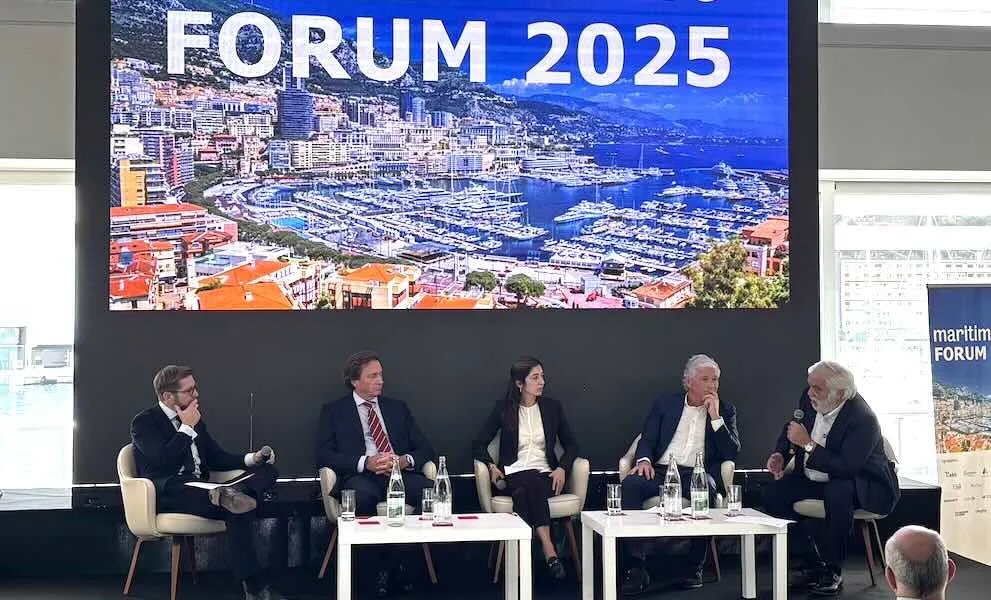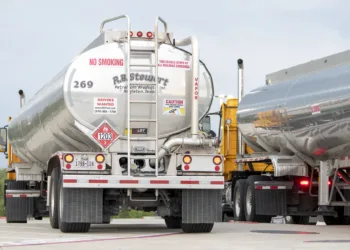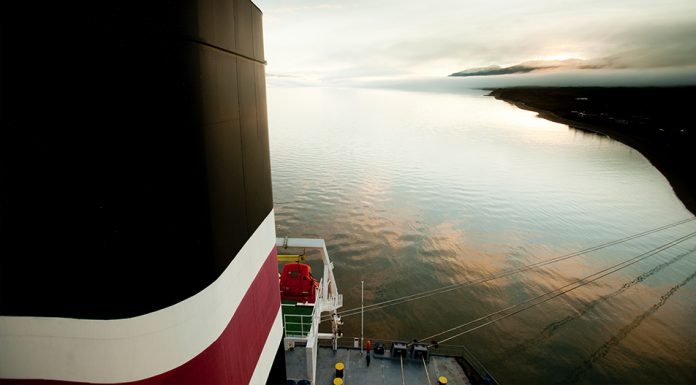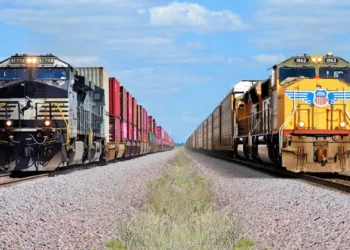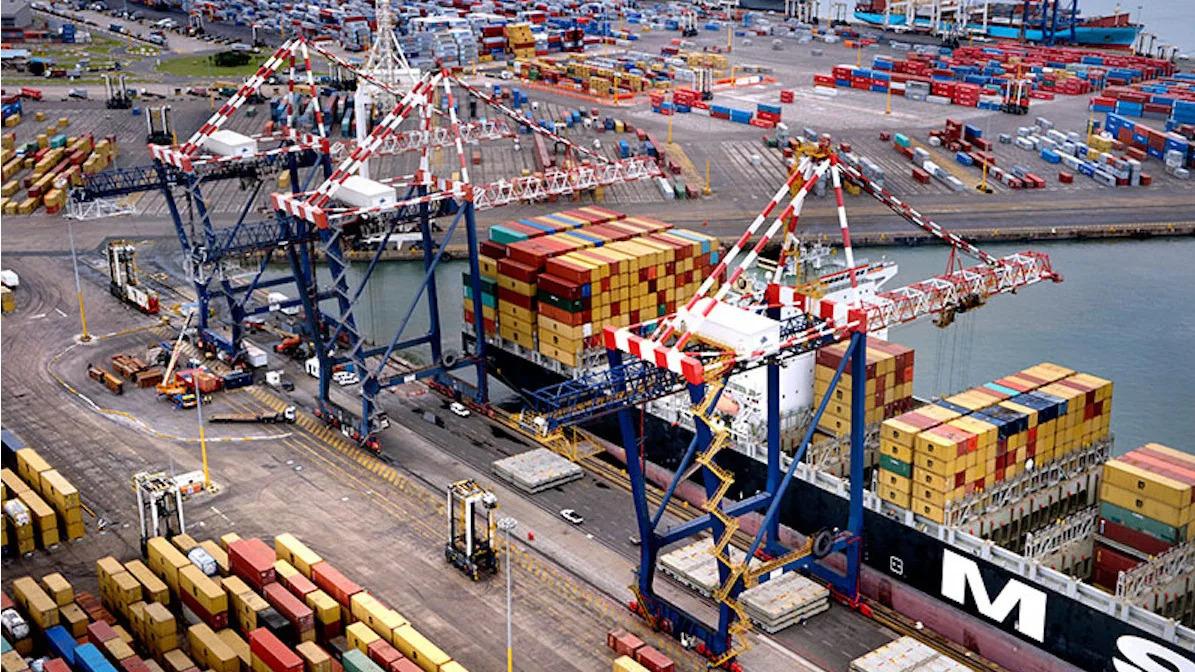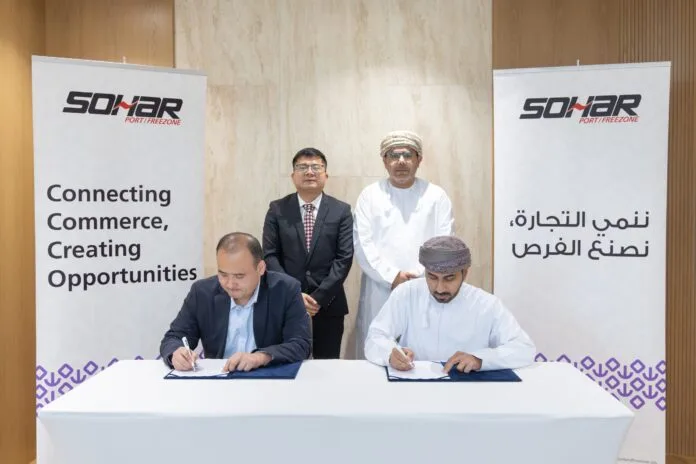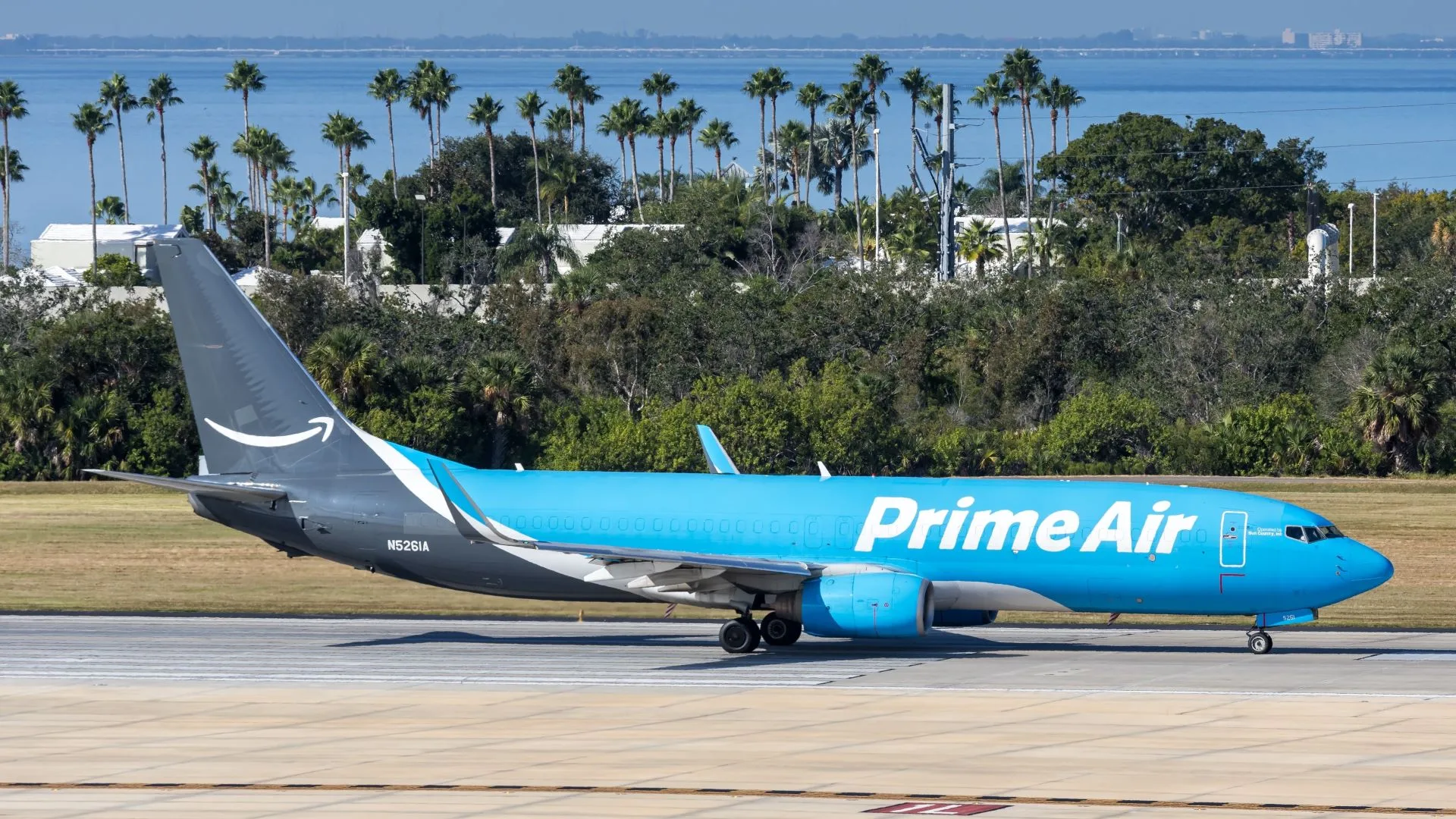If there was one word that dominated discussion at the tanker panel during this year’s Maritime CEO Forum at the Monaco Yacht Club, it was uncertainty — from the IMO’s fractured net-zero process to the unintended consequences of Western sanctions and the rise of the shadow fleet.
Moderator Tim Wilkins, managing director of INTERTANKO, set the tone from the outset. “We’ll talk about regulatory certainty and then political certainty — if we can find any,” he said, only half-jokingly. “Whether we can get regulatory certainty, I’m not sure. But that’s the challenge we’re all living through.”
The forum brought together senior figures from across the tanker spectrum — from VLCC operators to product carriers — for what became a strikingly frank exchange on the state of global regulation, market alignment and enforcement.
The IMO’s failed attempt earlier this month to finalise its Net Zero Framework was the natural starting point. The collapse of consensus, driven in part by a US rejection of carbon levies, loomed over every conversation.
Svein Moxnes Harfjeld, president and CEO of DHT Holdings, said bluntly that the proposals on the table “didn’t really look at the industry” as it exists today.“We all tend to talk about maritime as a homogeneous industry — and it’s not,” he said. “There are lots of different ships, trades, cargos, short haul, long haul, scheduled and tramp. The proposal didn’t reflect that.”
Harfjeld noted that Washington’s opposition underscored who ultimately bears the cost of decarbonisation. “The US has the world’s biggest economy, the world’s biggest oil company, huge agriculture. They said they didn’t want to tax their consumers. And that’s their argument — they don’t want to pay for what others want to do.”
Wilkins agreed that smaller owners had been underrepresented in the IMO debate. “What was on the table two weeks ago was probably skewed to a particular sector within the industry,” he said. “The IMO now needs to open its doors again to the wider voice — the practical realities of the tanker sector.”
Marco Fiori, CEO of Premuda, spoke passionately about the contradictions in global policy. “Everybody talks a great game and then plays a very poor one,” he said. “Governments say they want decarbonisation but then load bureaucracy and taxation on us. We’ve overdone it.”
Fiori also warned that the conversation has drifted too far from the physical realities of the oil trade. “We’ve been hearing for years that we’ve reached peak oil. Every time, there’s a new peak oil. We’re very far from peak oil. Conventional fuels will be with us for a long time — probably unfortunately.”
He added that inflation and rising costs make it nearly impossible to forecast newbuilding deliveries. “How can you predict what will deliver in 2028 or 2029 when inflation is unpredictable? We’re still facing the same shortage of shipyard capacity.”
Alexia Inglessis, director of Alberta Shipmanagement, steered the debate toward practical steps.“With alternative fuels still unavailable, we must focus on efficiency — which also makes business sense,” she said. “Over 40% of the world fleet already has energy-saving devices installed. But 70% of the fleet is still of average age or older.”
She cautioned that shipping will compete with food production for fuels like ammonia. “Eighty percent of ammonia today is used to fertilize crops. The growing population over the next 40 years will need more food than in the past 8,000 years. Shipping will have to compete for these resources.”
Inglessis reminded delegates that shipping’s emissions are modest compared to other sectors. “Shipping contributes about 2.4% of global CO₂ emissions — less than 2% of greenhouse gases. Compare that with steel or concrete, which each account for 8–9%. We’re the most efficient transport mode.”
Fiori agreed that shipping suffers from “a perception problem more than a reality problem. People see smoke from a funnel, so they assume we’re the worst offenders.”
Mikael Skov, CEO of Hafnia, described the IMO’s process as “driven more by feelings than by reason”.
“At the Global Maritime Forum I sensed real frustration,” he said. “People support the goal — we know it’s the right direction — but the process has felt imposed. Shipping isn’t one industry. Yet the framework was pushing everyone in the same direction, even those without alternatives.”He argued that the decarbonisation debate has drifted toward punishment over pragmatism. “Our clients won’t pay for dual-fuel ships. There’s no renewable alternative yet. But the framework still says: if you can’t comply, you pay a penalty. That penalty then goes to people developing renewables — while we’re left footing the bill.”
Skov nevertheless insisted that the IMO remains essential. “We need a global voice to regulate the industry. The problem isn’t a lack of regulation — it’s a lack of enforcement.”
That theme — enforcement — quickly turned to the proliferation of the shadow fleet.
Skov was blunt: “It’s a massive problem that flag states supporting the dark fleet are sitting at the IMO table making decisions about future regulation.”
Wilkins called for a clearer line between compliant operators and the murky world of sanctioned tonnage. “There are maybe 500 to 600 sanctioned vessels,” he said. “But if you listen to the numbers, there are 1,300 ships in the shadow fleet. What about those 800 grey-area tankers? They slip in and out of commercial trade. We need to draw a line.”
Fiori added that once sanctions lift, the industry faces another problem: “What do we do with those ships? They can’t be scrapped easily because yards have their own KYC requirements. We can’t just dump them somewhere.”
Harfjeld highlighted how lax oversight enables shadow trading. “Malaysia produces half a million barrels a day but exports one and a half million. Figure that out,” he said, drawing laughs. “Oil gets new birth certificates — Venezuelan crude sold as ‘Benin Heavy’, which doesn’t exist.”
Inglessis pointed out that legality depends on geography. “What’s illegal for the US, EU, or G7 might be entirely legal for China. We’re playing with two different sets of rules — and maritime centres are shifting east as a result.”As discussion deepened, panelists agreed that unilateral sanctions have unintentionally reshaped tanker trading.
“Let’s not forget it was the US that introduced sanctions,” said Harfjeld. “They wanted to keep oil flowing and prices stable. Strong economic interests were at play.”
Fiori called it “a game of equilibrium, but an increasingly unbalanced one.” He recalled how, at the start of Russian sanctions, “the US Treasury was quietly telling traders not to stop importing Russian oil, because it would crash supply and spike prices. It’s always politics first.”
Inglessis offered data showing that despite sanctions, exports are rising. “The three sanctioned producers are exporting more than before,” she said.
Looking ahead, Harfjeld forecasted a return of contango — the storage-driven market structure last seen in 2020. “Oil companies expect contango later this year,” he said. “China is already building inventories. It’s partly price-driven but also about energy security.”He expects the build-up to last well into next year, which “will be positive for tankers — though we might face a hangover once stocks unwind.”
By the end of the 50-minute session, the tanker leaders had circled back to Wilkins’s opening theme: a fragmented industry struggling for coherence.“We’re not one industry. There are several pathways to net zero, and the framework two weeks ago was tailored for just one,” Wilkins said.If there was consensus on anything, it was that tankers — pragmatic by nature — crave realism over rhetoric. “Focus on what’s doable,” said Harfjeld.



